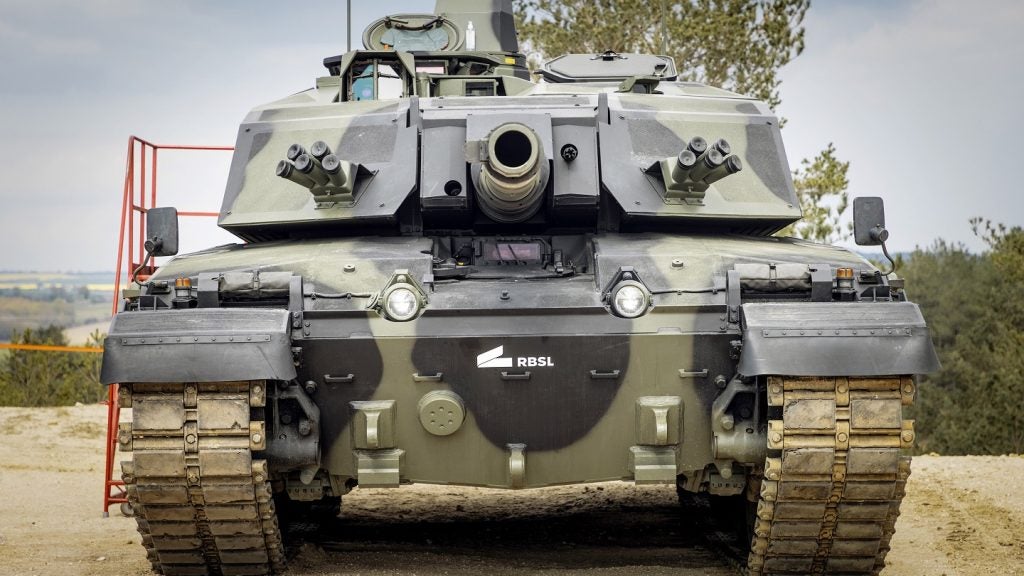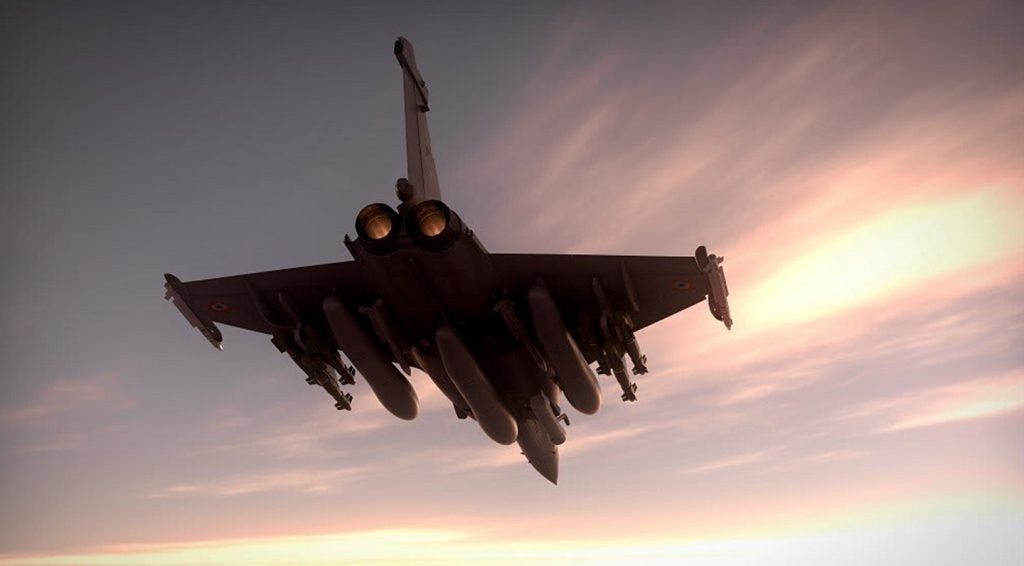The Sudan People’s Liberation Army (SPLA) is planning to procure anti-aircraft missiles in a bid to boost its air defence capability against frequent aerial bombing attacks carried out by neighbouring Sudan.
South Sudanese army spokesman Philip Aguer was quoted by Reuters as saying that the missiles are purchased as part of the nation’s plans to modernise and re-equip its armed forces, and would help South Sudan to strengthen its newly secured independence.
"This will promote the confidence of South Sudanese citizens that their airspace will not be violated again," Aguer said. "That will have a psychological and physical impact.
"It will enhance our defences. All strategic points need to be protected, including oil-producing areas and airports."
Aguer did not provide details on the missile type, where they would be purchased from, or the time-frame needed to acquire the anti-aircraft capability. However, according to local sources, the anti-aircraft missiles will be deployed within a ‘few months’.
South Sudan has repeatedly accused Sudan of bombing inside its territory, a charge regularly denied by Khartoum, and stressed that it has no anti-aircraft batteries or anti-aircraft warplanes to counter such attacks.
How well do you really know your competitors?
Access the most comprehensive Company Profiles on the market, powered by GlobalData. Save hours of research. Gain competitive edge.

Thank you!
Your download email will arrive shortly
Not ready to buy yet? Download a free sample
We are confident about the unique quality of our Company Profiles. However, we want you to make the most beneficial decision for your business, so we offer a free sample that you can download by submitting the below form
By GlobalDataFormer US special envoy to Sudan Andrew Natsios had been earlier reported by The Washington Post as saying that the US can stop the North’s bombing campaign by supplying Juba with anti-aircraft weapons.
Series of air raids by the northern nation over South in April 2012, led the US secretary of state Hillary Clinton to call on Sudan to stop ‘provocative’ air bombardments.
The UN Security Council has asked the two countries to resume talks on the outstanding disputes earlier this month, and gave them three months to either resolve the issues or face sanctions.






